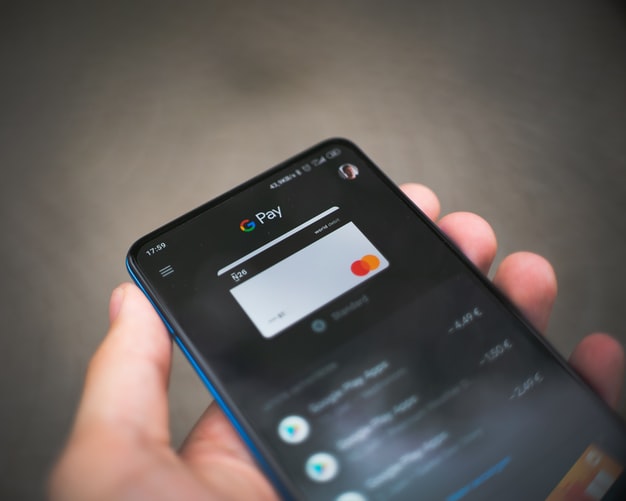As society is learning to embrace the internet more and more, there are still some trepidations, especially when it comes to privacy and security. Sure, the internet has allowed for immense growth and development, particularly in the fields of commerce, marketing, branding, and communications. But what about online transactions? Sure, plenty of people are making money transactions online these days, but should they have any reason to worry? Are these transactions really secure to begin with? What are some of the best practices when it comes to making online transactions? These are just some of the questions we will try to address within this article.
People engage in digital transactions on various platforms every single day. Whether it be through e-commerce websites, online subscriptions, or trusted online gambling sites. Millions of transactions are taking place every day on the internet. If that’s the case, then shouldn’t that mean that all transactions are safe and that we should just generally trust the internet with our private banking information? Not necessarily. It’s undeniable that the world is gradually transitioning into becoming more of a cashless economy. With the emergence of debit and credit cards, payment portals, and even cryptocurrency, paying for anything with cold hard cash is becoming more uncommon. Having said that, there are many people out there who are looking to capitalize on this emerging trend in financial transactions. This is why many users on the internet continue to stay sceptical of the whole idea of going cashless.
Table of Contents
ToggleThreats to Digital Transactions
There are some sketchy individuals out there who engage in constant hacking, identity theft, cyberfraud, and ransomware on unsuspecting victims. Some of these vile individuals can pose as either consumers or commercial establishments. And unfortunately, there are many internet users out there (especially those who aren’t so well-versed with technology) who fall victim to these scammers online. While these are unfortunate situations that should be avoided at all costs, many regulatory bodies are hard at work to ensure the safety and security of the mass population when it comes to internet usage.
All over the world, financial technology and security solutions companies are hard at work at developing mechanisms to combat these scammers and to prevent these potential cases of fraud from happening. Some of the common protocols that you might be familiar with that are used to protect your information include two-factor authentication, face-unlock technology, and 3D security protocols. Aside from that many leading financial institutions are investing heavily into fortifying their digital databanks to ensure the safety and protection of their clients.
The Pros Outweigh the Cons
Ultimately, while the online transaction landscape isn’t necessarily 100% safe, the pros of engaging in digital transactions still vastly outweigh the cons.
Also Read: Top 6 Ways to Protect Yourself from Online Snooping
Convenience
It’s just a lot more convenient to engage in online transactions these days. One of the greatest beauties of the age of the internet is the sheer convenience that it brings to people. You no longer have to have cold hard cash on-hand in order to make purchases. All you need is some cash in the bank or a proper line of credit in order to make a legitimate transaction online.
Financial Reach
Physical banks aren’t always going to be so accessible to the mass population. But with digital transactions, that doesn’t necessarily have to be a problem. Online banking has made the process of transferring cash from one account to another so easy and accessible. In the past, people would have had to make physical trips to various financial institutions or merchants just to make a simple transaction.
Transparency and Accountability
It’s much easier to hide a paper trail of transactions when you’re doing everything with cash. However, with online transactions, everything is always accounted for. This means that it can make it harder for scammers and criminals to engage in illegal activity when dealing with transactions online. This kind of transparency can also serve as a protective cover for any individuals who might be susceptible to frauds or scams in an online space. It’s so easy to trace the source and destination of certain funds when everything is being documented online. This can lead to criminals being more accountable for their underhanded dealings.
Shashi Teja
Related posts
Hot Topics
What is Inheritance in C++: The Complete Guide
What is inheritance in C++? Ugh, don’t even get me started on how confusing this was when I first ran…
What is Kafka Used For: A Complete Guide
What is Kafka used for? If you’ve been diving into the world of distributed systems, microservices, or data streaming, you’ve…



